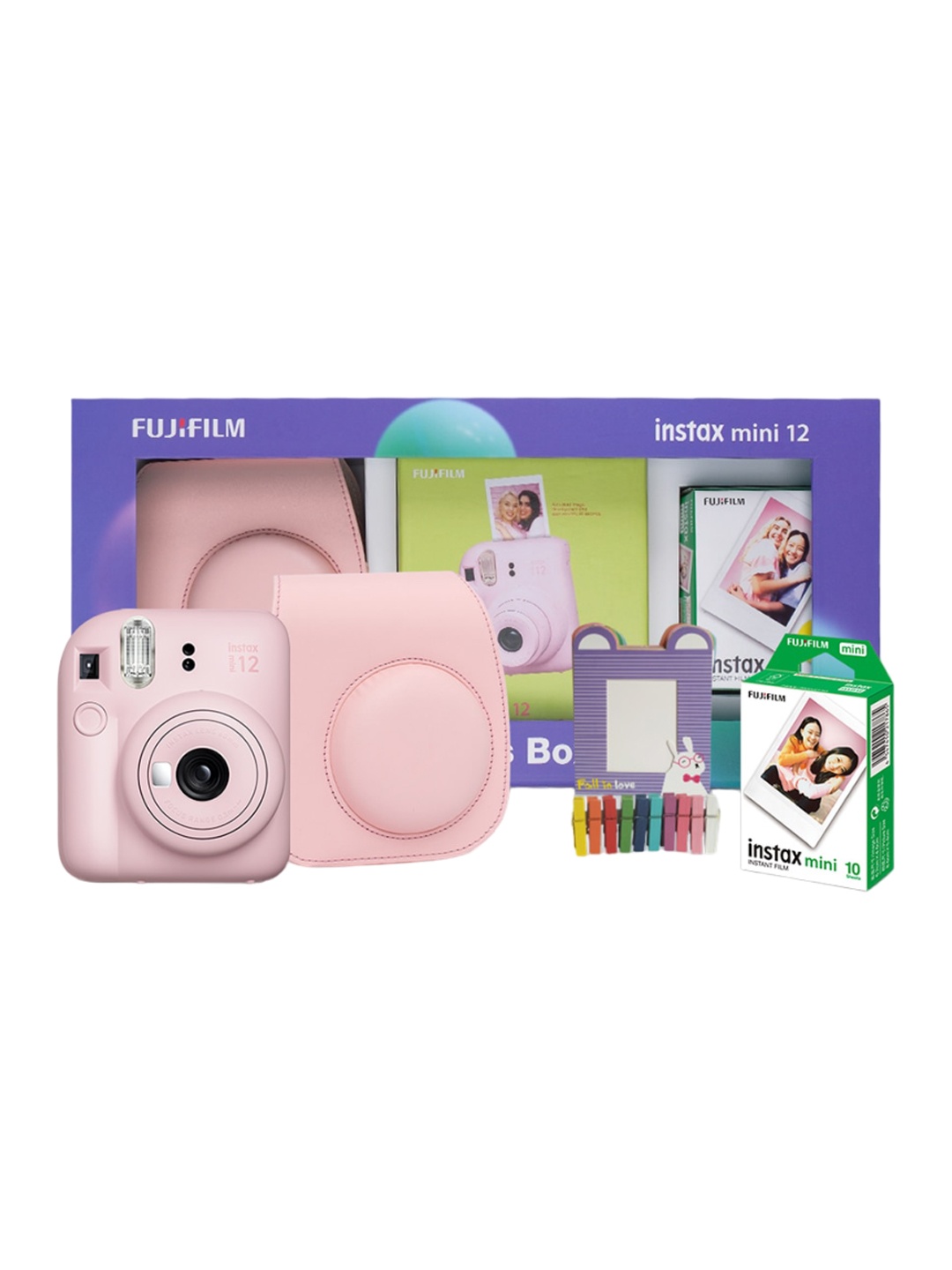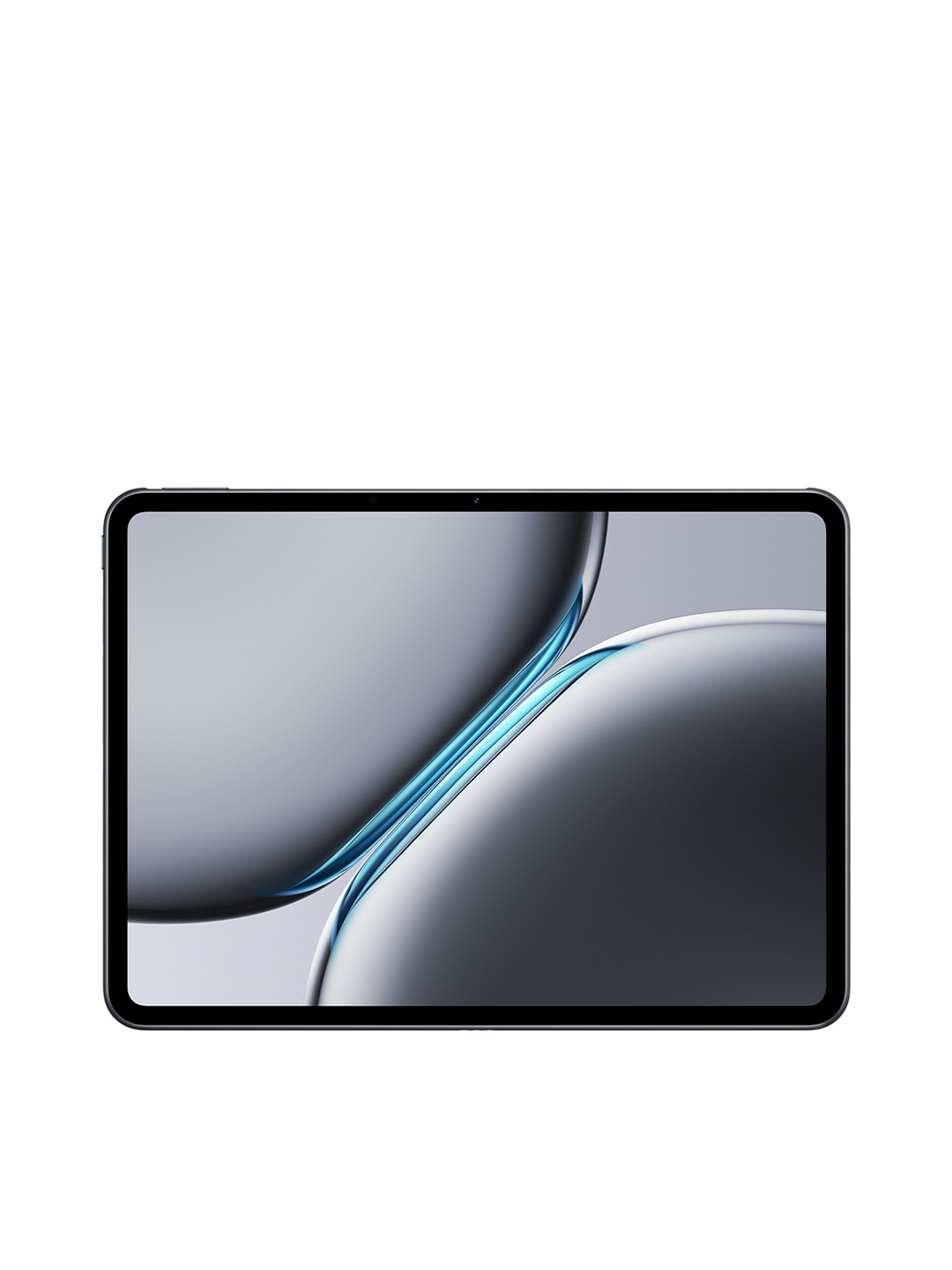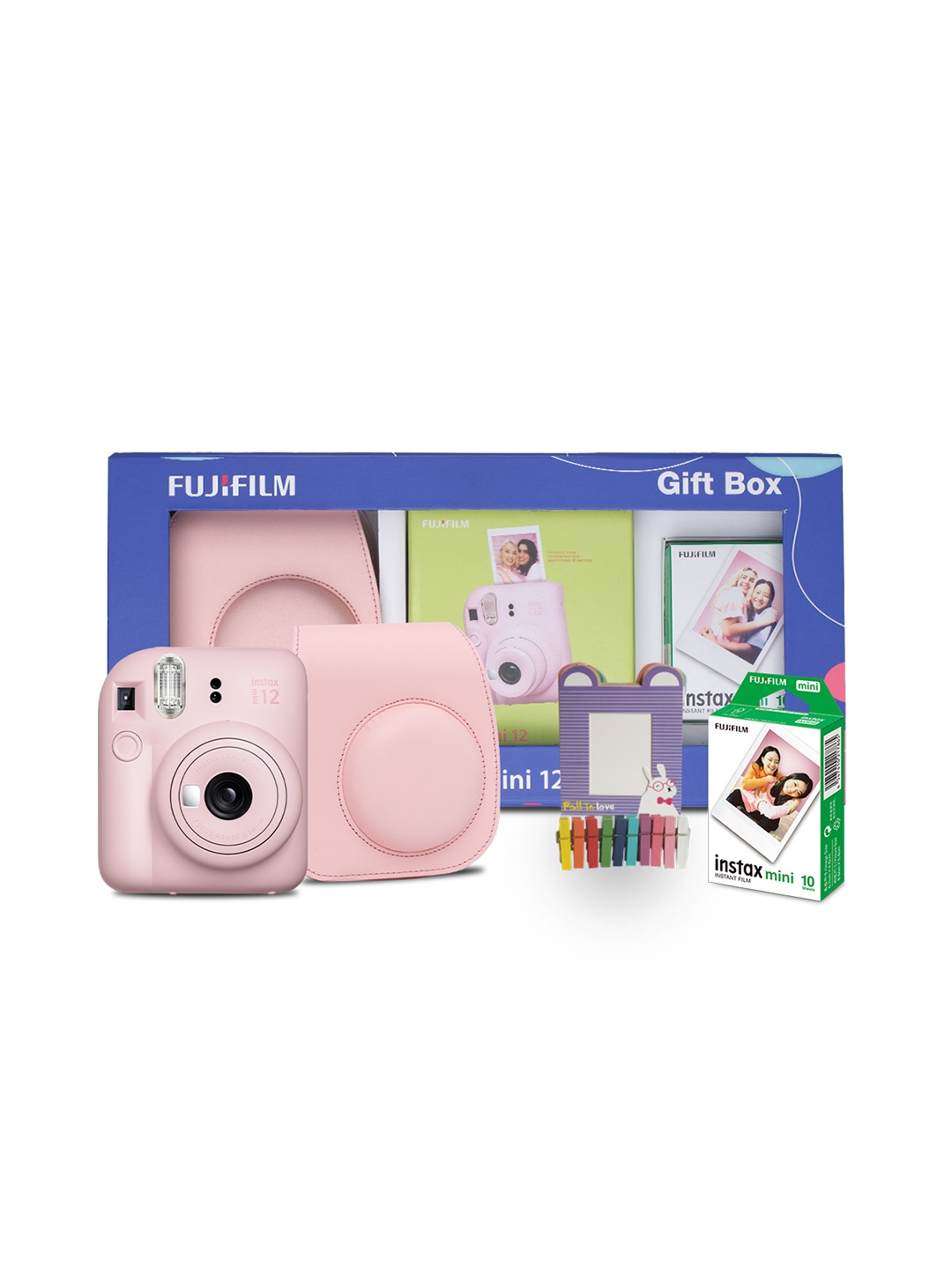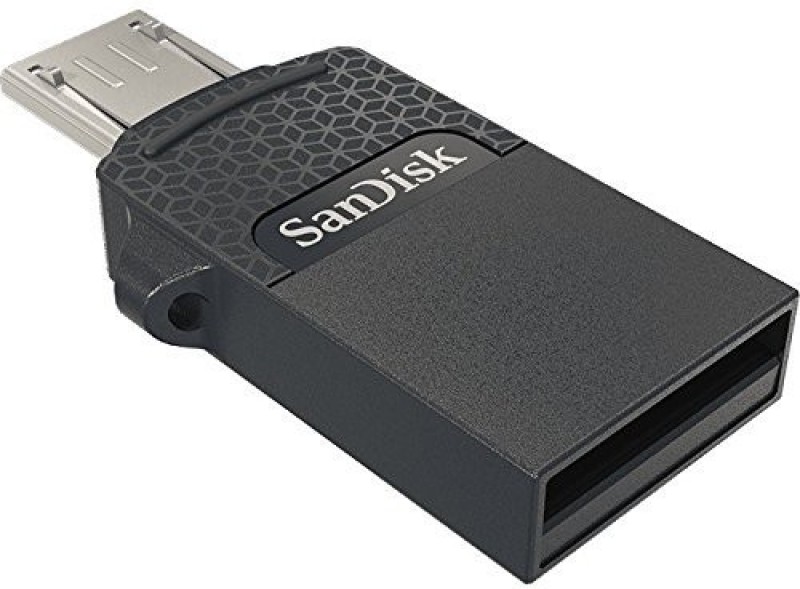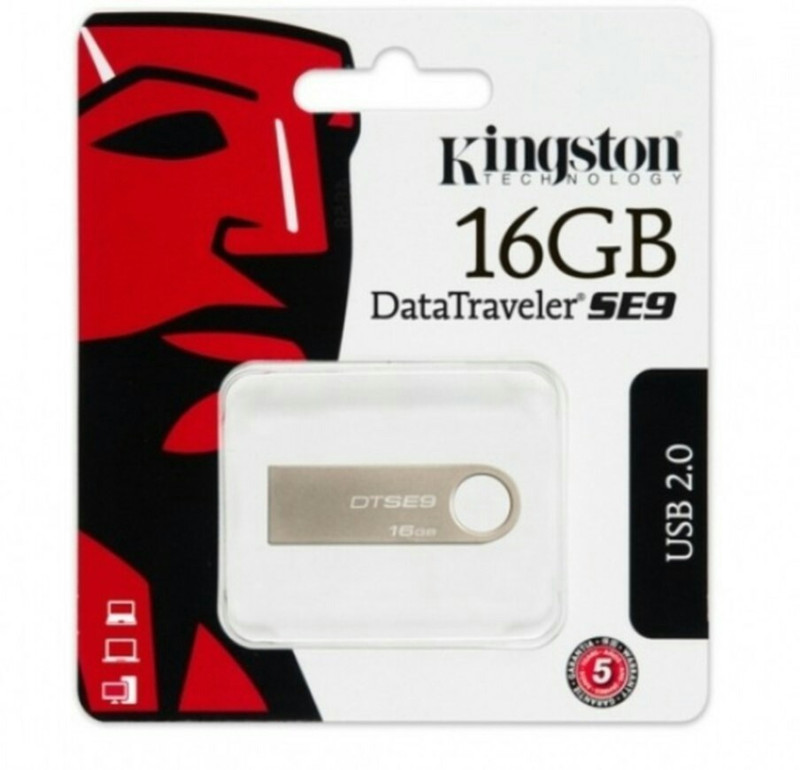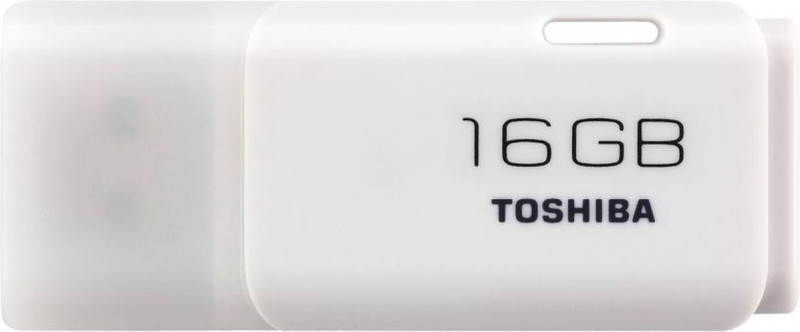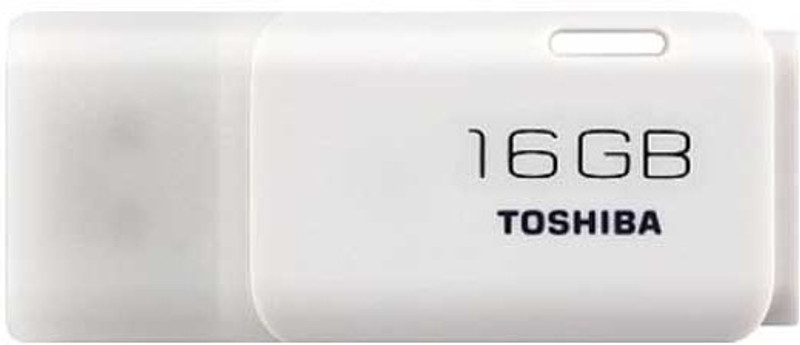Can A Tablet Replace Your Work Laptop? 8 Unique Things Tablets Can Do

The age-old laptop is feeling the heat. Once the ultimate symbol of mobile work, it now faces a nimble, touch-screened challenger, the tablet. What started as a casual couch companion has steadily evolved into a full-fledged productivity tool. With leaps in processing power, accessories that transform their personality, and an ease-of-use that feels instinctively modern, tablets are no longer just an entertainment hub, they're reshaping how work gets done.
Still, many remain sceptical. Can a tablet replace a laptop for work? It's a fair question. While laptops boast power, storage, and multitasking muscle, tablets hold their own in surprising ways. This isn't about declaring war between devices, it's about celebrating what tablets do differently, and dare we say it, better.
So, before you write off that slim, silent slab of glass as just a glorified e-reader, let's explore eight unique things tablets can do better than their clamshell counterparts. You might find yourself looking at your laptop with just a tiny bit less loyalty.
1. Instant-On Simplicity
There's something quietly magical about a device that springs to life the second it's touched. No boot-up time, no whirring fans, just a screen that responds like it's been waiting patiently just for you. Tablets excel in this space, offering an experience that feels smooth, seamless, and, frankly, less like work.
In contrast, laptops, even the zippiest ones, still carry that few-second lag before becoming fully usable. It might not seem like much, but in moments where spontaneity is key, jotting down an idea during a meeting, capturing an image on a site visit, or jumping into a quick Zoom call, the split-second responsiveness of a tablet becomes a quiet superpower.
This instant-on ease also changes our relationship with technology. A tablet feels more like a trusted notepad or diary, something always within reach, never a chore to open. It creates fewer barriers between the thought and the action, which, in creative and fast-paced work environments, is absolute gold dust.
2. Battery Life That Just Keeps Going
Let's be honest: battery anxiety is a real thing. Few experiences rival the slow, creeping dread of seeing your laptop's power icon turn red mid-flight or halfway through a client pitch. Tablets, on the other hand, are battery-life champions.
Thanks to energy-efficient chips, streamlined software, and minimalist cooling demands, tablets often outlast laptops by hours, sometimes even days, on a single charge. That means fewer plug-point scrambles in cafés, fewer power banks stuffed into briefcases, and fewer interruptions to your flow.
Whether you're hopping between meetings, catching up on emails during a commute, or working remotely in a cabin with questionable sockets, tablets let you focus on your work, not your wattage. It's like having a work companion that's just as tireless as you (well, almost).
3. Touchscreen Creativity Unleashed
There's something beautifully tactile about reaching out and drawing directly on a screen. Tablets make creativity feel natural again. With their high-resolution touchscreens and pressure-sensitive styluses, they unlock an artistic freedom laptops simply can't replicate.
Designers, illustrators, and note-takers alike know the joy of sketching, scribbling, or diagramming on a tablet. It's not just about art, it's about being able to capture thoughts visually, without barriers. Whether it's mind-mapping for a big project, annotating documents by hand, or crafting sleek presentations on the go, the touch-first interface opens up new ways to think and create.
Compare that to a laptop, where even with a stylus-compatible screen, the experience can feel a little... detached. The keyboard always lurks below, the screen stands stiff and vertical, and that fluid, pen-on-paper feel is never quite there. Tablets turn doodles into deliverables, and that's a pretty impressive trick.
4. Ultimate Portability
No contest here. Tablets are thinner, lighter, and more travel-friendly than nearly every laptop out there. They slip into handbags, seat-back pockets, and overstuffed totes without complaint. You barely notice you're carrying one, until you need it, and it's ready.
This ultra-portability changes how and where you work. Coffee shop? Train seat? Park bench? No awkward balancing act, no overheating thighs. Tablets settle into any environment with grace. Add a detachable keyboard, and they're ready for typing marathons too, without the bulk.
Let's face it: the less tech weighs you down, the more freedom you have to work where you feel most inspired. And that's something a laptop, no matter how slim, still struggles to match.
5. Cameras Built For The Moment
Laptops have cameras that work. Tablets have cameras that shine. There's a world of difference between a grainy webcam stuck to the top of your screen and the rear-facing camera of a modern tablet, which often rivals smartphones in quality.
Need to scan documents, take photos of product samples, or jump on a crisp video call? Tablets handle it all with style. The ability to capture, edit, and share content directly from one device streamlines workflows, particularly for those in marketing, content creation, field work, or remote consulting.
And when paired with augmented reality (AR) tools or apps like Adobe Scan, the camera becomes a whole new productivity tool in itself. Try doing that with your laptop.
6. Apps Tailored For Focused Productivity
There's something clever about how tablet apps are designed. They're often built with clarity and simplicity in mind, encouraging focused, distraction-free work. Rather than juggling a dozen browser tabs, tablet users benefit from full-screen, task-specific apps that keep attention where it belongs.
Whether you're managing projects in Notion, editing video in LumaFusion, or whiteboarding in Concepts, the experience feels cleaner, more immersive. It's like your brain can breathe. There's less clutter, fewer background updates, and no endless cascade of pop-up notifications unless invited.
While laptops offer raw multitasking power, they can also invite chaos. Tablets, by contrast, guide you toward single-tasking brilliance, great for deep work, writing sessions, or moments when clarity is more important than complexity.
Also Read: How Can You Improve Work Productivity Using A Tablet
7. A Quieter, Cooler Way To Work
Laptops can be noisy creatures. Fans whir, keys clack, chargers hum. And let's not forget how hot they can get after an hour of video calls or heavy processing, especially if perched on your legs.
Tablets are the silent ninjas of the tech world. No fans, barely any moving parts, and whisper-quiet operation. That makes them ideal for quiet environments, libraries, co-working spaces, even bedtime reading before lights-out.
They're also physically cooler (literally), which makes working with one far more pleasant. Ever tried using a hot laptop on a summer's day? Tablets offer a chill, breezy alternative, perfect for professionals who need peace and calm with their productivity.
8. Seamless Accessory Ecosystem
One of the most exciting shifts in tablet evolution is how beautifully they now play with accessories. Detachable keyboards, magnetic styluses, external monitors, Bluetooth mice, they're turning tablets into modular machines, tailored to fit the way you work.
Need to sketch? Clip on a pen. Typing a report? Snap on a keyboard case. Presenting slides? Connect wirelessly to a display. The whole process is fluid, intuitive, and often faster than fumbling with laptop peripherals.
More importantly, the ecosystem feels intentional. Accessories aren't clunky afterthoughts, they're designed with the tablet in mind. That cohesion makes working from a tablet not just possible, but genuinely enjoyable. It becomes a personalised setup that adapts to the day, the task, and even your mood.
Products Related To This Article
1. REDMI Pad SE 4G 4 GB RAM 64 GB ROM 8.7 Inch With 4G Tablet
2. Infinix XPAD LTE 4 GB RAM 128 GB ROM 11.0 inch With 4G Tablet
3. Lenovo Tab M11 LTE With Pen 4 GB RAM 128 GB ROM 11.0 inch With 4G Tablet
4. SAMSUNG Galaxy Tab A9+ 8 GB RAM 128 GB ROM 11.0 inch With Wi-Fi+5G Tablet
5. OnePlus Pad Go 8 GB RAM 128 GB ROM 11.35 inch With Wi-Fi Only Tablet
6. REDMI Pad SE 4 GB RAM 128 GB ROM 11.0 inch With Wi-Fi Only Tablet
7. Lenovo Legion 12 GB RAM 256 GB ROM 8.8 inch With Wi-Fi Only Gaming Tablet
8. POCO Pad 5G 8 GB RAM 256 GB ROM 12.1 inch With Wi-Fi+5G Tablet
9. Xiaomi Pad 6 6 GB RAM 128 GB ROM 11.0 inch With Wi-Fi Only Tablet
10. Apple 2025 iPad Air (M3) 128 GB ROM 11.0 inch With Wi-Fi Only
So, can a tablet replace your work laptop? It depends on your job, your habits, and how you like to work. But tablets are no longer playing second fiddle. They're quietly excelling in areas where laptops can't compete: speed, simplicity, flexibility, and creativity.
This isn't about choosing sides. It's about recognising that tablets have earned their seat at the grown-up work table. They've transformed from entertainment toys into powerful, portable productivity tools, and they're doing it with flair. For some, a laptop will still be essential. But for many, a tablet might just be the upgrade they didn't see coming. Maybe it's time to look again, and give that sleek slab of tech the credit it's due.
Disclaimer: The images used in this article are for illustration purpose only. They may not be an exact representation of the products, categories and brands listed in this article.











